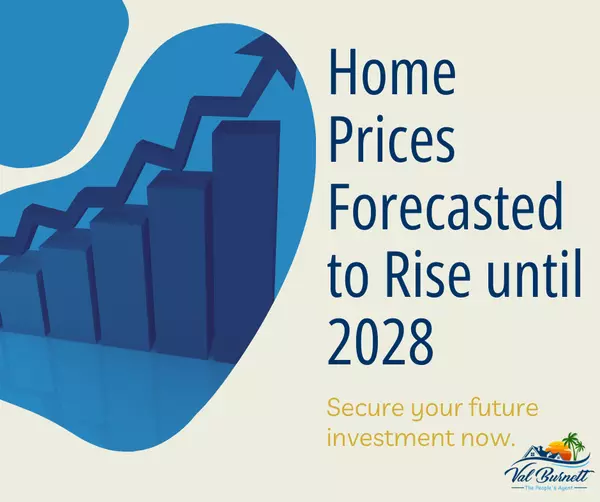How Buying or Selling a Home Helps Your Community

Let's start by discussing how sellers positively impact their community. When homeowners decide to sell their property, they often invest time and money into preparing their house for the market. This could include repairs, renovations, or even updating the curb appeal. These activities not only imp
Read MoreTop 2 Reasons to Choose a Newly Built Home

Newly built homes have become a popular choice for homebuyers in recent years. With new construction on the rise, there are several reasons why these homes are attracting buyers and narrowing the price gap with existing homes. In this blog post, we will explore the top two reasons to choose a newly
Read MoreTop Cities Where Home Prices Are Climbing

In the ever-changing world of real estate, it's important to stay informed about the latest trends and market updates. With home prices rising nationally, particularly in top cities, it's crucial to understand the impact this has on buyers, sellers, and investors. Whether you're considering buying a
Read MoreRising Home Inventory: More Choices for Buyers

Home inventory is up, offering more choices for buyers, but still below pre-pandemic levels. This is great news for homebuyers who have been frustrated by the lack of options in recent months. With more homes hitting the market, buyers now have a better chance of finding their dream home. Sellers ar
Read More-

Selling your home can be an overwhelming process, but with the right agent by your side, it can be a smooth and successful experience. When choosing an agent, it's important to find someone who simplifies the process, uses data for pricing, and negotiates objectively. Let's delve into these key fact
Read More Experts predict home prices will rise through 2028

Experts in the real estate industry have recently made a bold prediction: home prices are expected to rise steadily through 2028. This forecast comes as great news for homeowners and investors alike. Additionally, experts suggest that mortgage rates may decrease later this year, further fueling the
Read MoreConcerned About Home Maintenance Costs?

If you're considering buying a new home or an existing one, you might be concerned about the costs of home maintenance. It's a valid concern, as maintaining a property can be both time-consuming and expensive. However, it's important to note that there are pros and cons to both options. In this blog
Read MoreHow Many Homes Are Investors Really Purchasing?

Investing in real estate has long been considered a lucrative and stable venture. From experienced investors to first-time buyers, the allure of the housing market continues to attract people from all walks of life. However, there seems to be a common misconception that big investors are single-hand
Read MoreQuestions You May Have About Selling Your House

Selling a house can be a significant decision, often accompanied by a multitude of questions and concerns. In this blog post, we aim to address some common queries that homeowners may have when considering selling their property. We will touch upon various aspects, including the impact of mortgage r
Read MoreThe Number of Homes for Sale Is Increasing

The real estate market has experienced a significant shift in recent months, with the number of homes for sale steadily increasing. According to the latest statistics, home listings have gone up by a staggering 30.4% since last April. This surge in available properties has had a notable impact on bo
Read More
Recent Posts











